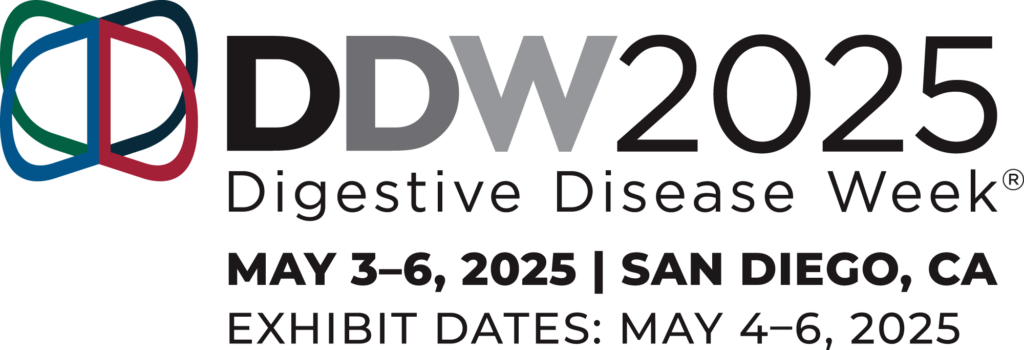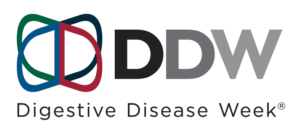San Diego, CA (May 18, 2019) — Damage to the lining of the stomach can occur quickly when children swallow button batteries; therefore, clinicians should consider prompt endoscopic removal, even when the child is symptom free and the battery has passed safely through the narrow esophagus, according to research presented at Digestive Disease Week® (DDW) 2019. The recommendations represent a change from current practice of watching and waiting.
“We know there can be injury even when there are no symptoms,” said Racha Khalaf, MD, lead researcher and pediatric gastroenterology, hepatology and nutrition fellow at the Digestive Health Institute at Children’s Hospital Colorado, Aurora. “Batteries in the stomach cause damage, including perforation of the gastric wall, so physicians should consider removing the batteries as soon as possible and not let them pass through the digestive tract.”
Researchers from pediatric hospitals in Colorado, Florida, Texas and Ohio collected data regarding 68 button battery ingestions from January 2014 to May 2018. Previous research has been conducted on button batteries lodged in the esophagus, but little is known about the effect in the stomach.
“We have been seeing more injuries from button batteries,” Dr. Khalaf said. “The batteries come in toys, remote controls, key fobs, singing greeting cards and watches. They are everywhere.”
Erosive injuries to the mucous lining of the stomach were found in 60 percent of cases reviewed, with no apparent relationship between damage and symptoms, or with the amount of time passed since ingestion. This suggests that clinicians and parents should not wait for symptoms or passage of time to act, Dr. Khalaf said, adding that removing the battery earlier avoids repeated trips to the emergency room or pediatrician’s office and reduces repetitive x-rays or other imaging.
The authors’ recommendations are more aggressive than those of two national organizations that have issued recommendations about button battery ingestion. The North American Society for Pediatric Gastroenterology, Hepatology and Nutrition recommends observation when it’s been less than two hours since ingestion, the battery is 20 mm or smaller, and the child is at least 5 years old. The National Capital Poison Center, which runs the National Battery Ingestion Hotline, currently recommends observation alone for asymptomatic gastric button batteries to allow them to pass through the digestive system.
This work is partly supported by a Cystic Fibrosis Foundational Grant Award #Khalaf17B0 to Racha Khalaf, National Institutes of Health Training Grant 5T32-DK067009-12 to Keith Hazleton and Racha Khalaf, and National Institutes of Health Training Grant 5T32-DK7664-28 to Wenly Ruan.
DDW Presentation Details
Dr. Khalaf will present data from the study, “Gastric injury secondary to button battery ingestions in children: a retrospective multicenter review,” abstract Sa2046, on Saturday, May 18, at noon PDT. For more information about featured studies, as well as a schedule of availability for featured researchers, please visit www.ddw.org/press.
###
Contact for media:
Stephanie Wight, 202-868-4016
[email protected]
Aimee Frank, 301–941–2620
[email protected]
Digestive Disease Week® (DDW) is the largest international gathering of physicians, researchers and academics in the fields of gastroenterology, hepatology, endoscopy and gastrointestinal surgery. Jointly sponsored by the American Association for the Study of Liver Diseases (AASLD), the American Gastroenterological Association (AGA) Institute, the American Society for Gastrointestinal Endoscopy (ASGE) and the Society for Surgery of the Alimentary Tract (SSAT), DDW takes place May 18-21, 2019, at the San Diego Convention Center in San Diego, California. The meeting showcases more than 5,000 abstracts and hundreds of lectures on the latest advances in GI research, medicine and technology. More information can be found at www.ddw.org.





